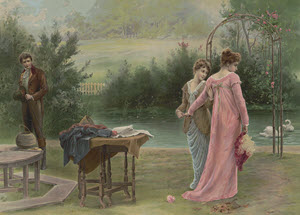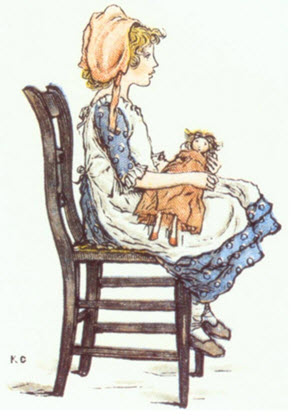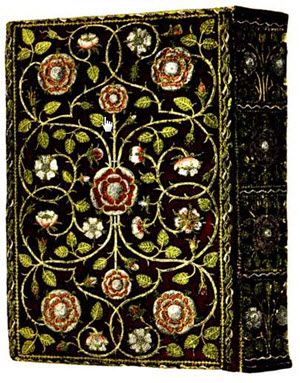EDGAR ALLAN POE - Part 14
IY.
In 1836 Poe wrote his longest story, "The Narrative of Arthur Gordon Pym," which appeared serially in the Messenger and was published in 1838 by the Harpers. The book is still good reading after three generations of sea-yarns. It swings through blood and thunder, strange seas and gloomy scenery. It belongs not among the hearty books from Cooper to Stevenson, full of honest crime and yo-heave-ho, but rather with the "Ancient Mariner" and Mr. Joseph Conrad's Falk, for its drawing of the intellectual horrors of cannibalism and sea loneliness.
Poe left the Messenger in January, 1837, apparently on good terms with White. This is the first of several unaccountable departures on the part of Poe from positions that gave him a living. Kennedy's explanation answers for all. "He was irregular, eccentric, and querulous, and soon gave up his place." He went with his family to Baltimore, Philadelphia, and finally to New York, where Mrs. Clemm took boarders to keep the household alive. Poe failed to establish himself in New York, and in the summer of 1838 settled in Philadelphia. To this period belong the poem "The Haunted Palace," "Silence," a prose poem of great beauty, and a piece of pot-boiling at which his fingers were scorched. He was selected by the publishers and apparently by the author of a book on conchology to father The Conchologist's First Book. It is hard to see just what harm he did to the learned authorities on whom he levied for information about a subject of which he was obviously ignorant. If he had not been so diligent in his quest for plagiarism in others, he probably would not have been censured for his moral in direction in putting his name to a book which he could not have written.




